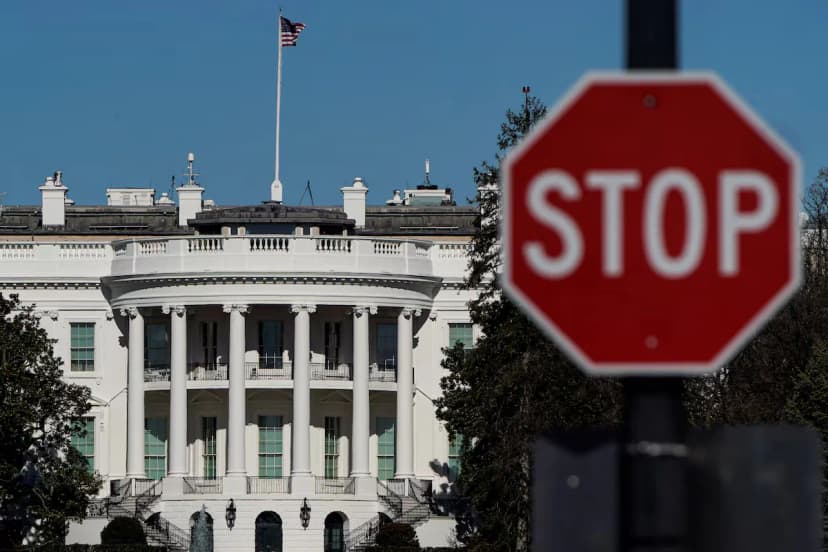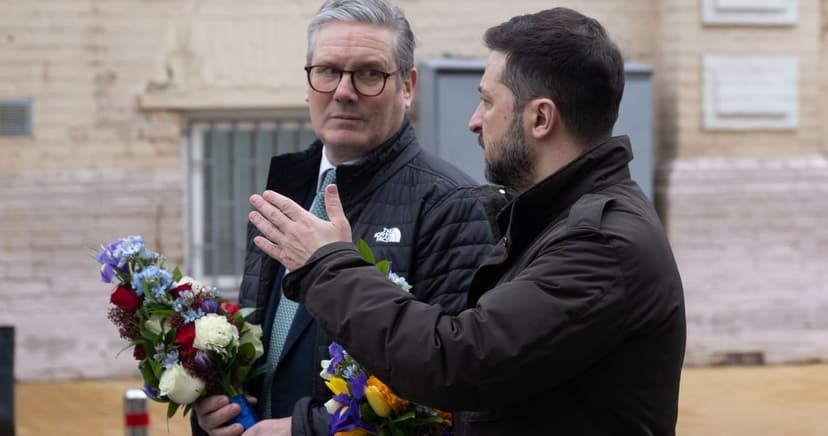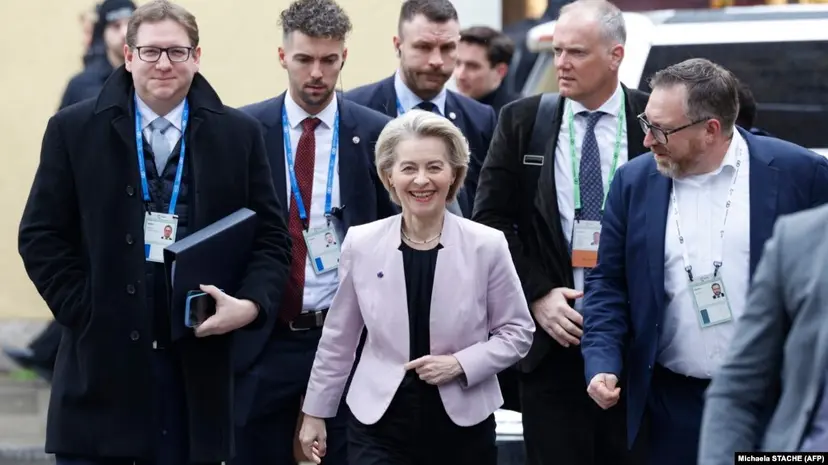Analytics | Europe
PART OF THE WORLD
COUNTRY
Europe and Ukraine are each suffering from US non-partnering behaviour in their own way, from blackmailing with tariffs to blackmailing with a rare earths deal that resembles an agreement that a losing country would sign in front of a winning country...
Apr 7, 2025|11 MIN.
The Saudi negotiations between the United States and Moscovia shocked Europe and Ukraine, as they were designed to throw Europe out as a minor geopolitical player and Ukraine as a party that would prevent the Trump administration from reaching separate agreements with Putin behind the backs of its allies...
Feb 13, 2025|5 MIN.
On 15 February 2025, the Munich Security Conference will begin a new session of discussions. But the main thing is not the discussions, but the necessary decisions that may or may not be formed now...
Feb 11, 2025|7 MIN.
After his visit to Moscow, R. Fico began to actively accuse Ukraine of trying to bring down his government. From the thesis that most of the protesters are Ukrainians to the fact that Ukrainian special services are involved in his downfall. At the same time, the prime minister did not provide any reliable information or statistics...
Feb 8, 2025|7 MIN.
New sanctions from the EU. Moscovia's attempt to test the seriousness of the sanctions. Tucker Carlson helps Putin create new threats. In fact, these fragments of events are closely connected...
Jan 29, 2025|5 MIN.
Former Finance Minister Zadornov said that if oil prices drop, the NWF's reserves will last for six months. He made this statement after the liquid part of the NWF dropped from 10.8 trillion ($113.5 billion) at the beginning of 2022 to 3.8 trillion ($37.5 billion) at the end of 2024...
Jan 15, 2025|10 MIN.
In this article, we will discuss only one component of dictator Lukashenko's vulnerability – the economic one...
Jan 10, 2025|5 MIN.
You have probably seen Fico's recent statements on Muscovite television channels about his intention to visit Moscow. Contrary to Brussels's official position, these actions are likely signs that Fico's government is approaching a critical point.
Oct 31, 2024|7 MIN.







